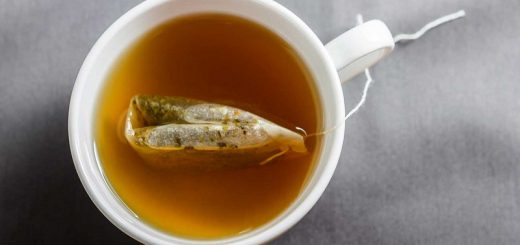WHAT IS GHEE AND WHAT IS GHEE BENEFITS
In almost any part of the world butter and margarine are used to cook and grease recipes. We Spaniards are very fortunate to be able to enjoy extra virgin olive oil. But the rest of the countries have to be satisfied with what they have at hand. In India, for example, ghee is used for cooking and as a natural remedy. With the growth of keto diets, this food has increased its commercialization in all parts of the world. It is sold as a “healthier and more natural” type of fat. In fact, we can already find coffee creams and popcorn with ghee. Here are the ghee benefits.
Its proponents claim that it is a source of healthy fat, easier to digest, that helps relieve inflammation. And can activate your metabolism. It seems incredible, huh? But before we get rid of butter and olive oil, let’s analyze what science thinks.
What is Ghee?
Traditional butter is made from the fat in milk, milk solids and water. In contrast, ghee is only milk fat (clarified butter) with water; The milk solids are removed by simmering the butter for a certain time and then filter the solids. What remains is a liquid fat of golden color. And that has a highly appetizing flavor (like toasted caramel) and a delicious aroma.
In India, the ghee seems to have originated out of necessity. The classic butter spoiled quickly because of the heat. While the ghee managed to stay longer and stable on the shelves. There, it is used for cooking, in addition to adding a special touch to lentils or rice.
As this food is more fat-dense, it is more resistant to heat when used in high-fire cooking recipes, such as frying and roasting.
Is it as nutritious as it seems?
In general, there is not much evidence to support all the health claims surrounding the ghee. Most studies on its consumption and the influence on cholesterol levels have been made in rodents, so it is not exactly the same as in humans.
In spite of everything, both coconut oil and butter have a high content of saturated fats. Ghee contains a little more calories in saturated fat than butter. In a tablespoon of ghee, we find approximately 9 grams of saturated fat, while the same amount of butter we obtain approximately 7 grams. It is one of the best ghee benefits.
The American Heart Association recommends that we not get more than 5-6% of our total daily calories in the form of saturated fats. That is, about 13 grams a day if you follow a diet of 2,000 calories. Each person is a world. And athletes sometimes need to consume a high amount of calories to cope with their workouts.
A recent study highlights the fact that the consumption of moderate amounts of saturated fat is not similar to plugging with superglue your arteries. On the other hand, there was a review of studies concluded that a reduction in the intake of saturated fats does produce a decrease in the risk of suffering from cardiovascular disease. By replacing these fats with polyunsaturated fats (canola oil, nuts, flax, and fatty fish), cardiac protection was increasing.
It is important to keep in mind that when people remove saturated fats from their diet. And replace them with refined carbohydrates (such as white flour), the benefits are nullified. So, even if a healthy athlete can put some ghee in his diet. And feel comfortable with this gesture. You should not rely on him blindly (or butter) to cook or flavor all your dishes. If you are really interested in eating saturated fats. It is important that you think of other sources such as red meat and cheese.
On the other hand, there is no scientific evidence to support that incorporating ghee in your coffee can accelerate metabolism. In fact, in a spoonful of ghee, you can get about 135 calories.
How are ghee and traditional butter different?
Since milk solids are removed during ghee production, it contains lower levels of protein and some nutrients (such as calcium) than butter. Even so, butter should not be considered a good source either.
On the other hand, ghee has a healthy dose of vitamin A, which is crucial for eye function and antioxidant functions in the body. Although it is true that it provides minimal amounts of vitamins E, K, and B12.
As a substitute for diabolic margarine (made with trans fats), ghee is a good option to sauté your vegetables and scrambled eggs. However, extra virgin olive oil will always be the healthiest option. Margarine is made mostly with vegetable fats, so it has a better ratio of unsaturated to saturated than ghee or butter. However, many people see margarine as an ultra-processed product and prefer less altered options, such as ghee.












